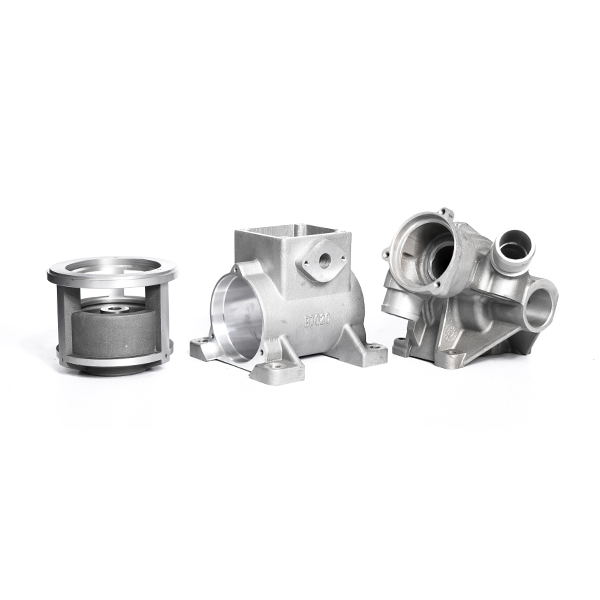Mobile:+86-311-808-126-83
Email:info@ydcastings.com
Optimizing Motor Performance with Advanced Impeller Technology for Enhanced Efficiency and Power
Understanding the Role of Impellers in Motors
In the realm of mechanical engineering and fluid dynamics, the relationship between impellers and motors is of paramount importance. Impellers are crucial components found in various types of machinery, especially in pumps and compressors, where they serve to move fluids through systems effectively. This article explores the significance of impellers in motors, focusing on their design, operation, and applications.
What is an Impeller?
An impeller is a rotating component equipped with blades that transfers energy to the fluid, increasing its velocity and pressure. It is typically enclosed within a casing, where it operates by drawing fluid into its center and flinging it outward through rotational motion. This action not only propels the fluid but also creates a low-pressure area that facilitates the inlet flow. The effectiveness of an impeller is measured in terms of its ability to impart energy to the fluid, thereby enhancing the performance of the system.
The Function of Impellers in Motors
In motors, particularly those used in pumping applications, impellers play a critical role. The motor provides the necessary power for the impeller to rotate and perform its function. Understanding the dynamics of how impellers interact with motors can significantly affect the efficiency and performance of the overall system.
1. Energy Transfer The motor generates rotational motion which is transferred to the impeller. As the impeller spins, it converts this mechanical energy into kinetic energy in the fluid, resulting in increased velocity and pressure. The efficiency of this energy transfer is paramount; a well-designed impeller can minimize energy losses, thus making the system more efficient.
impeller in motor

2. Design Considerations The design of an impeller can greatly influence the performance of the motor. Factors such as the number of blades, their shape, and the materials used in construction determine how effectively the impeller can move fluid. For instance, a multi-blade impeller can generate more pressure but may require more power from the motor. Engineers must strike a balance between performance and energy consumption.
3. Types of Impellers Different applications require different types of impellers. Centrifugal impellers, for example, are widely used in applications requiring high flow rates at moderate pressure. On the other hand, positive displacement impellers are ideal for low flow rates and high-pressure applications. The choice of impeller directly influences the type of motor needed, as well as the overall efficiency of the system.
Applications of Impeller-Motor Systems
The combination of impellers and motors finds its application across various industries. In the water treatment sector, impellers are used in pumps to move water through filtration systems. In HVAC systems, they are found in fans that circulate air. Additionally, in chemical processing, impellers facilitate the mixing and movement of liquids to ensure uniformity in production.
Interestingly, advancements in technology have led to the development of smart impeller-motor systems that can adjust their operation based on real-time feedback from the system, optimizing efficiency and energy consumption. These systems use sensors to monitor fluid dynamics and make adjustments accordingly, showcasing innovation in industrial design.
Conclusion
In summary, impellers are vital components that enhance the performance of motors in various fluid movement applications. The synergy between an impeller and its corresponding motor defines the efficiency, effectiveness, and operational cost of the system. As technology progresses, the refinement of impeller designs and motor technologies continues to evolve, leading to improvements in industrial processes and energy savings. Understanding the intricacies of impellers in motors is essential for engineers and technicians alike, as they strive to create more efficient, reliable, and sustainable systems.
-
Why Should You Invest in Superior Pump Castings for Your Equipment?NewsJun.09,2025
-
Unlock Performance Potential with Stainless Impellers and Aluminum End CapsNewsJun.09,2025
-
Revolutionize Your Machinery with Superior Cast Iron and Aluminum ComponentsNewsJun.09,2025
-
Revolutionize Fluid Dynamics with Premium Pump ComponentsNewsJun.09,2025
-
Optimizing Industrial Systems with Essential Valve ComponentsNewsJun.09,2025
-
Elevate Grid Efficiency with High-Precision Power CastingsNewsJun.09,2025











